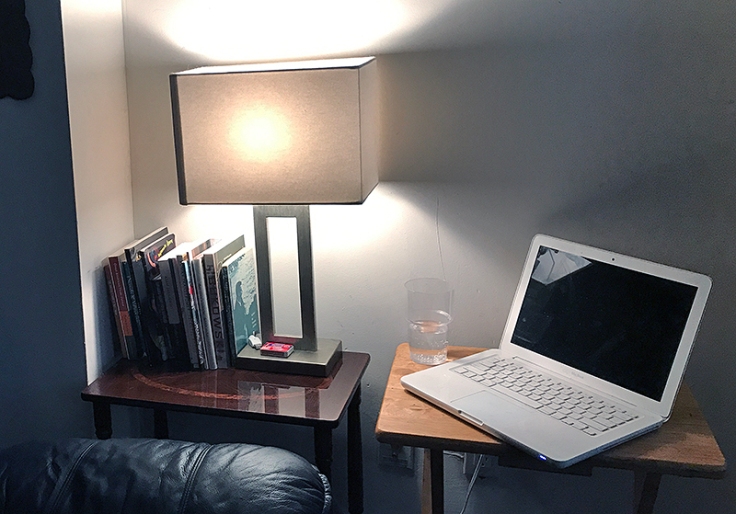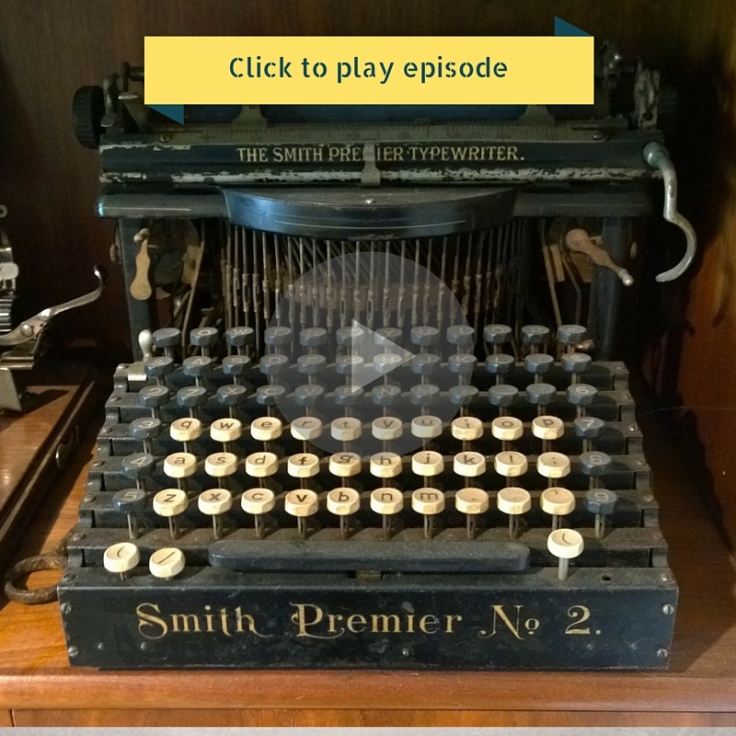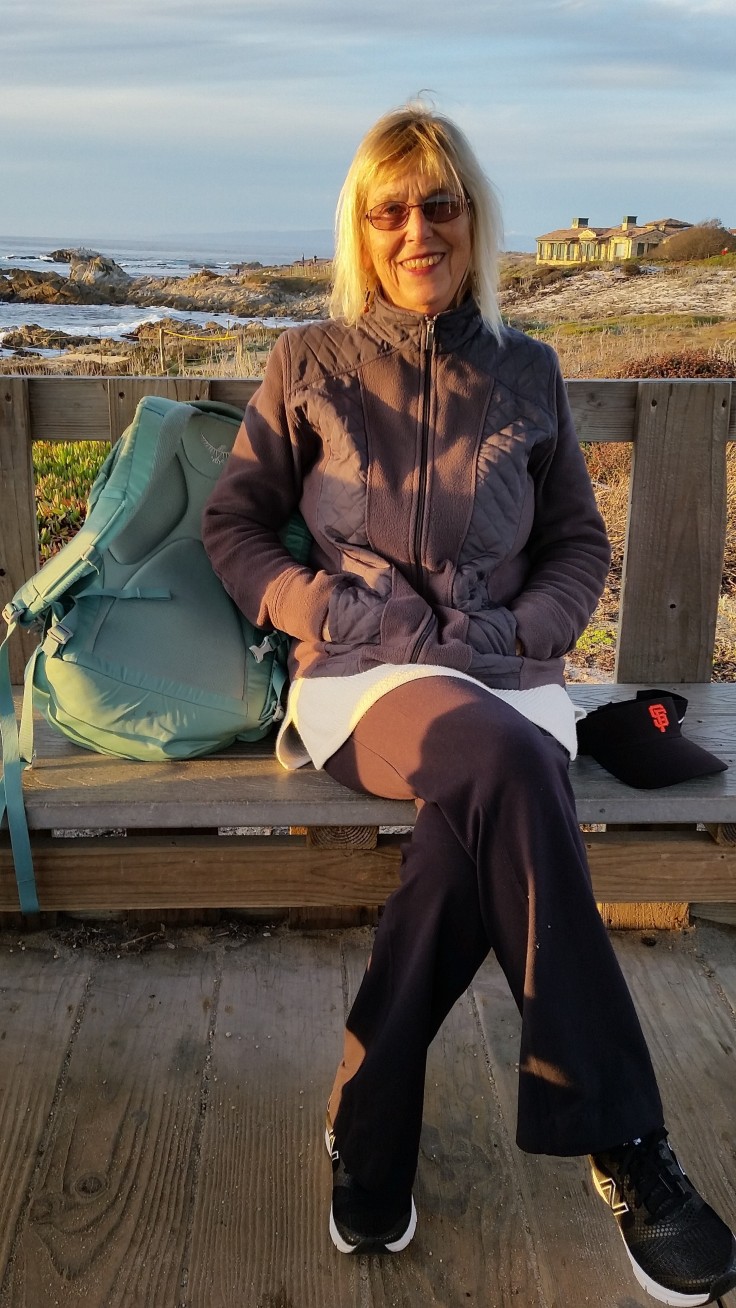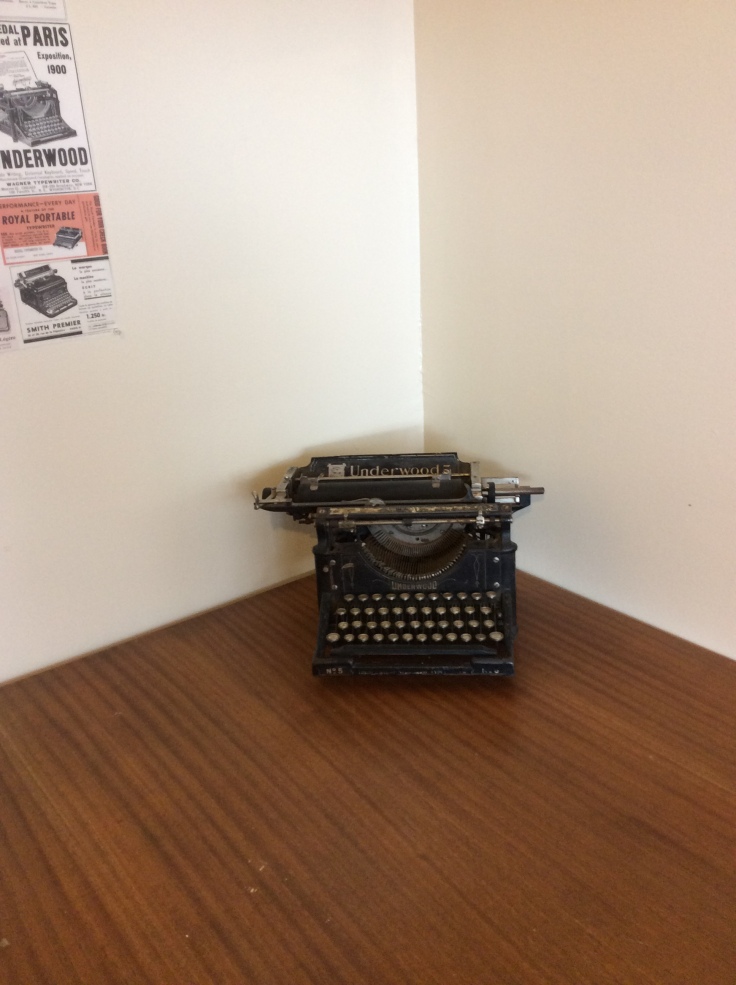A morning newscast last week talked about how female Supreme Court justices are being increasingly interrupted and talked over by attorneys in violation of court rules. I tuned in at the end, so I didn’t hear the whole conversation, but I did hear the listener feedback. Apparently, in the 21st century, even the morning news collects listener texts which are read aloud by the newscasters, breaking what I think should be rule number one of all media: don’t read the comments.
The female newscaster, while pointing out that she doesn’t think it’s necessary to give airtime to misogyny, read a couple of comments about how of course women need to be interrupted because they talk so much and have a tendency to ramble. One comment explicitly stated that women needed to be “taught when to talk.” The newscaster ended her segment by saying that in 2017 it is disconcerting that someone out there thinks that women need to be told when they can speak. She also told the commenter, well, I have a microphone and you don’t, so take from that what you will. As I also have a microphone, I was cheering when I heard that. And then I headed off to podcast editing.
I’ve been podcasting for almost two years, and I still spend a lot of time cringing when I hear myself talk. I was editing a conversation I had with my co-host for my other podcast, and I wanted to crawl under the desk. Every time I spoke too quickly, or said um, or interrupted because I had an idea come to me, I wanted to dive into the computer and lecture myself about good manners or speaking when spoken to or some other thing like that. And then I thought…but I have a microphone.
Last weekend, I heard Ira Glass, one of the most famous radio people in the country, say um, repeat himself, and end with ya know, all in the same ten seconds. He didn’t cut it out. I don’t know if it occurs to men that they shouldn’t interrupt or should be careful about rambling or need to sound like an authority and not like they are wavering, but I hear that all the time from female podcasters.
A couple of weeks ago I was a guest on the New Parent Podcast. And it’s been hard for me to share it, to be honest. Not because it’s personal. I mean, it is personal, but I’m a pretty open person and that didn’t bug me so much. What bugged me is how I sounded. I felt like I talked too much, I felt like I talked over the host, I felt like I wasn’t clear…I was just second-guessing myself all over the place. On a topic that, frankly, I have some expertise on, namely my own life and story.
Why do we do that? Why do we think we don’t have something to say? I’ve done this in the past when I’ve been a guest on other people’s shows and I still don’t understand why, but when people comment on news stories by saying that women need to be taught when and when not to speak I have to wonder if there are cultural forces involved.
I was recently invited to become part of a podcasting advocacy group wherein a group of podcasters work together on improving their shows while at the same time supporting each other and advocating for each other’s shows and audiences. While I’m not sure exactly where this is going to take me yet, I can tell you I am very exited about the possibilities. The power of voice…I don’t think I really understood it until I became a podcaster. And it still scares me just a little bit. But I have a microphone and I am ready to speak up.
May your words carry you far today,
Kris
Need inspiration to get your voice out there? The Austin Film Festival is looking for people with great ideas for fiction podcasts. Enter and share yours!










